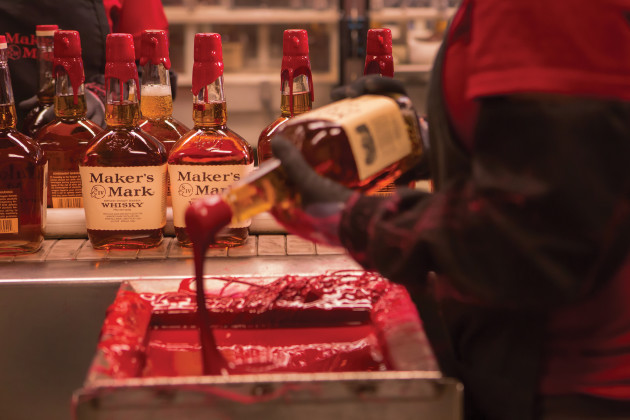
World’s largest distillery earns B Corp Certification
Maker’s Mark has become the largest distillery in the world and the first in Kentucky’s famed Bourbon Country to achieve the distinction of becoming B Corp certified.
The B Corp Certification, designed to help consumers identify companies with matching values, celebrates businesses who work towards building a more inclusive economy which promotes the award’s environmentally conscious mission to “Make Your Mark. Leave No Trace”, now and into the future.
The distillery achieved this certificate by meeting and exceeding rigorous benchmarks across five categories of the B Impact Assessment, namely Community, Customers, Environment, Governance and Workers.
Some of its recognised efforts include implementation of innovative programmes at its property on Star Hill Farm to preserve natural resources and acting as a principal partner to The LEE Initiative, which aims to address issues of equality and diversity in the restaurant industry.
The company is also offering employees workplace opportunities which it says exceeds industry standards, such as tuition assistance, advanced job training and compensation.
With sustainability being one of the industry’s current key talking points, achieving this certificate is just one step Maker’s Mark is taking as part of the company’s long-term environmentally focused aim to leave nothing harmful behind during its production and distribution processes.
Rob Samuels, eighth generation whisky maker and grandson of the founders at Maker’s Mark said: “I am so proud of our team’s tireless efforts that have earned us B Corp certification, and I’m even more excited to continue pioneering social and environmental initiatives that benefit the future of bourbon and greater good for all.”
The company joins more than 4,000 Certified B Corporations around the world – including Patagonia, Allbirds, Burton Snowboards and Sipsmith Gin – all of whom meet the highest verified standards of social and environmental performance, public transparency and legal accountability.
Maker’s Mark continues in its efforts to reduce the industry’s carbon footprint and has introduced a first-of-its-kind genome mapping project of the American White Oak tree for research purposes, aimed at enriching soil for a more flavourful variety of grain.




